
On the eve of independence, the first Prime Minister of India, Jawaharlal Nehru, observed:
At the stroke of midnight hour, when the world sleeps, India will awake to life and freedom. A moment comes, which comes but rarely in history, when we step out from the old to the new, when an age ends, and when the soul of a nation, long suppressed, finds utterance....The achievement we celebrate today is but a step, an opening of opportunity, to the greater triumphs and achievements that await us.¹
This year gives us the opportunity to evaluate whether we have marched forward towards "greater triumphs and achievements" as mentioned above. And in this report-card we need to look into the past as well as the future that is, before and after 1947.
Spirituality: The Soul of India
The soul of India is her spirituality. It was this that Swami Vivekananda again and again proclaimed through his lectures and writings. In his words: "This is the very reason that this nation has lived on, in spite of hundreds of years of persecution, in spite of nearly a thousand years of foreign rule and foreign oppression. This nation still lives, it still holds to God, to the treasure house of religion and spirituality."2
If the freedom of India is actually a journey to know or realise her spirit and manifest it in the lives of her citizens, then looking back at 75 years of her independence, we understand that the journey has only begun. The struggle for "real freedom" is a continuing process and evolves as we move forward in time.
Real Freedom
When we look at the spiritual tradition of India from its ancient past, we find many definitions of "freedom" which are much above the political independence which most people understand as the freedom we got in 1947.
Denne historien er fra August 2022-utgaven av The Vedanta Kesari.
Start din 7-dagers gratis prøveperiode på Magzter GOLD for å få tilgang til tusenvis av utvalgte premiumhistorier og 9000+ magasiner og aviser.
Allerede abonnent ? Logg på
Denne historien er fra August 2022-utgaven av The Vedanta Kesari.
Start din 7-dagers gratis prøveperiode på Magzter GOLD for å få tilgang til tusenvis av utvalgte premiumhistorier og 9000+ magasiner og aviser.
Allerede abonnent? Logg på
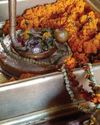
Panchakroshi Parikrama of Varanasi
At the snow-capped Kailas, the Divine Lord Shiva was seated with Mother Parvati.
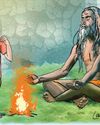
Gadai and the Monks
A fictional narrative based on incidents from the childhood of Sri Ramakrishna.
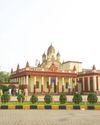
Chintayo momo maanosho Hori...
Sri Ramakrishna loved songs. There probably was no normal day when he did not sing some songs.
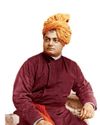
The Vedanta Vaccine
The world is still struggling under the impact of the pandemic due to Covid-19 for the last three years.
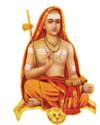
Chandrakirti's Chariot: Self in Madhyamaka Buddhism and Advaita Vedanta
The goal in Advaita Vedanta is the cessation of suffering and the attainment of true fulfillment. Suffering, according to this school, is due to ignorance of the true nature of the self and consequent erroneous identification with the body-mind.
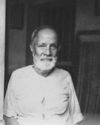
Reminiscences of Sargachhi
Question: यद्यदाचरतत श्रेष्ठसतत्तदरेवरेतरो जनिः। ‘Whatever a superior person does, others do the same thing!’ (Gita 3:21) – What does this statement mean?
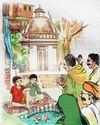
THE AUTUMN FESTIVAL
A fictional narrative based on incidents from the childhood of Sri Ramakrishna.
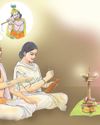
Bards of Guruvayur: Vilwamangalam II
Saints of India
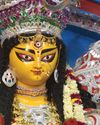
In the Universal Mother’s Divine Playground
Swami Vivekananda never taught the worship of Mother Kali. In a letter to Mary Hale he writes, “Kali worship is not a necessary step in any religion.
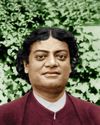
Swami Vivekananda: A Sportsman Par Excellence
In various books and articles, Swami Vivekananda has been called a spiritual leader, a prophet, a patriot, a social reformer, a philosopher, a yogi, a writer, an orator, an educationist, a musician, and so on.